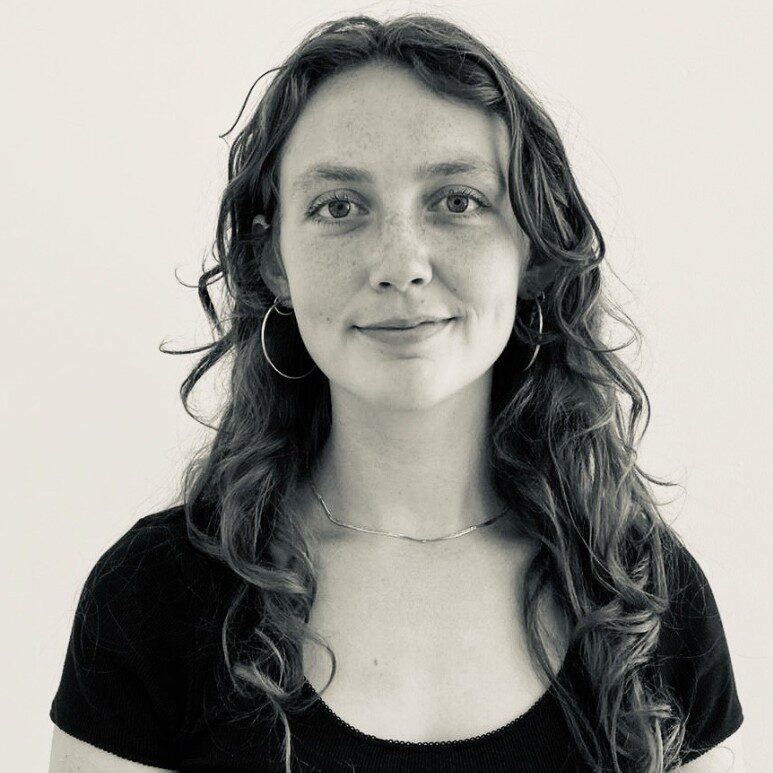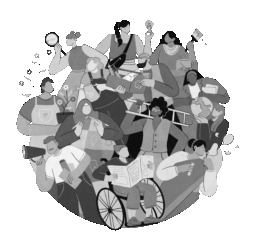Health Equity and Rights: Research Case Study - Equity, Health and Wellbeing of People Living and Working in Informal Urban Settlements
Health is broader than disease and health equity begins outside the health sector. It is critical to understand that health is influenced by social factors such as environment, jobs, education, housing, food, water and sanitation. People with different social positions will have varying access to these resources, creating differences in exposure and vulnerability to health-compromising conditions. To address the root causes of health inequities we need to support interdisciplinary approaches which focus on social determinants of health, alongside attention to health services and interventions.
This K4DD Case Study highlights learnings from research conducted across Kenya, Bangladesh, Sierra Leone and India as part of the ARISE consortium, which sought to enhance equity and accountability to improve the health and wellbeing of poor, marginalised people living in informal urban settlements. It focuses on research conducted in slums in Nairobi, Kenya to illustrate the strength in community-led approaches for supporting health equity.


